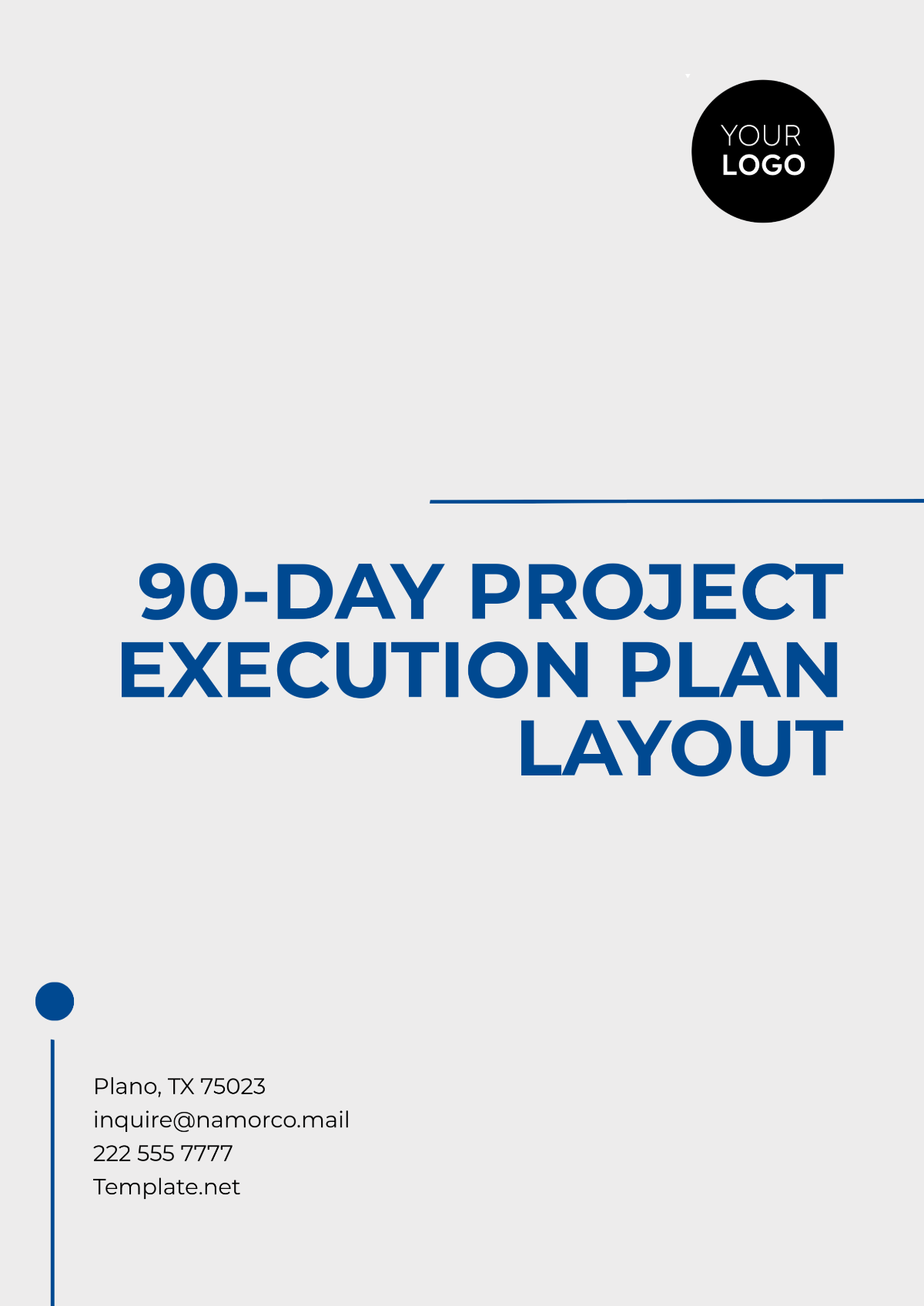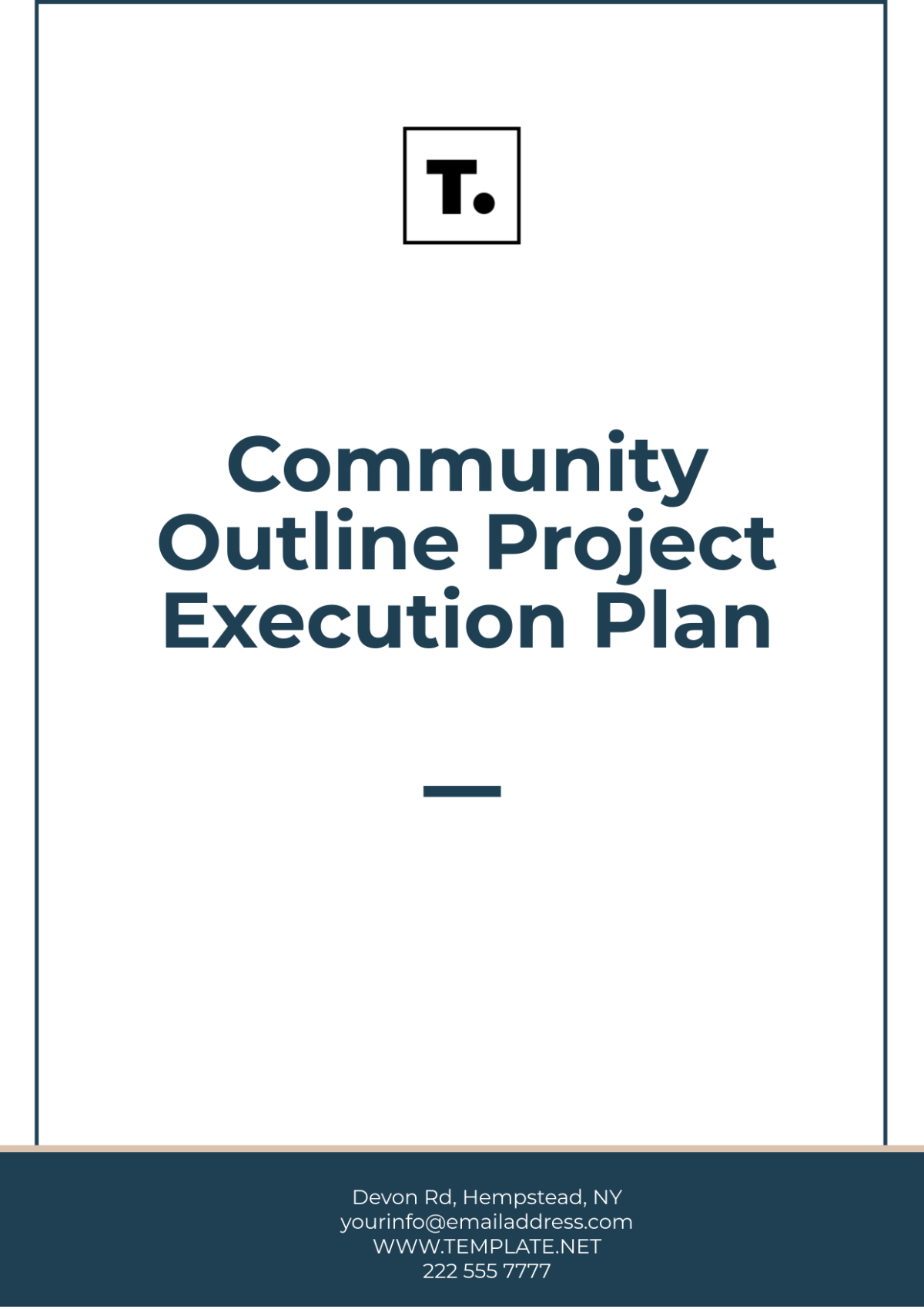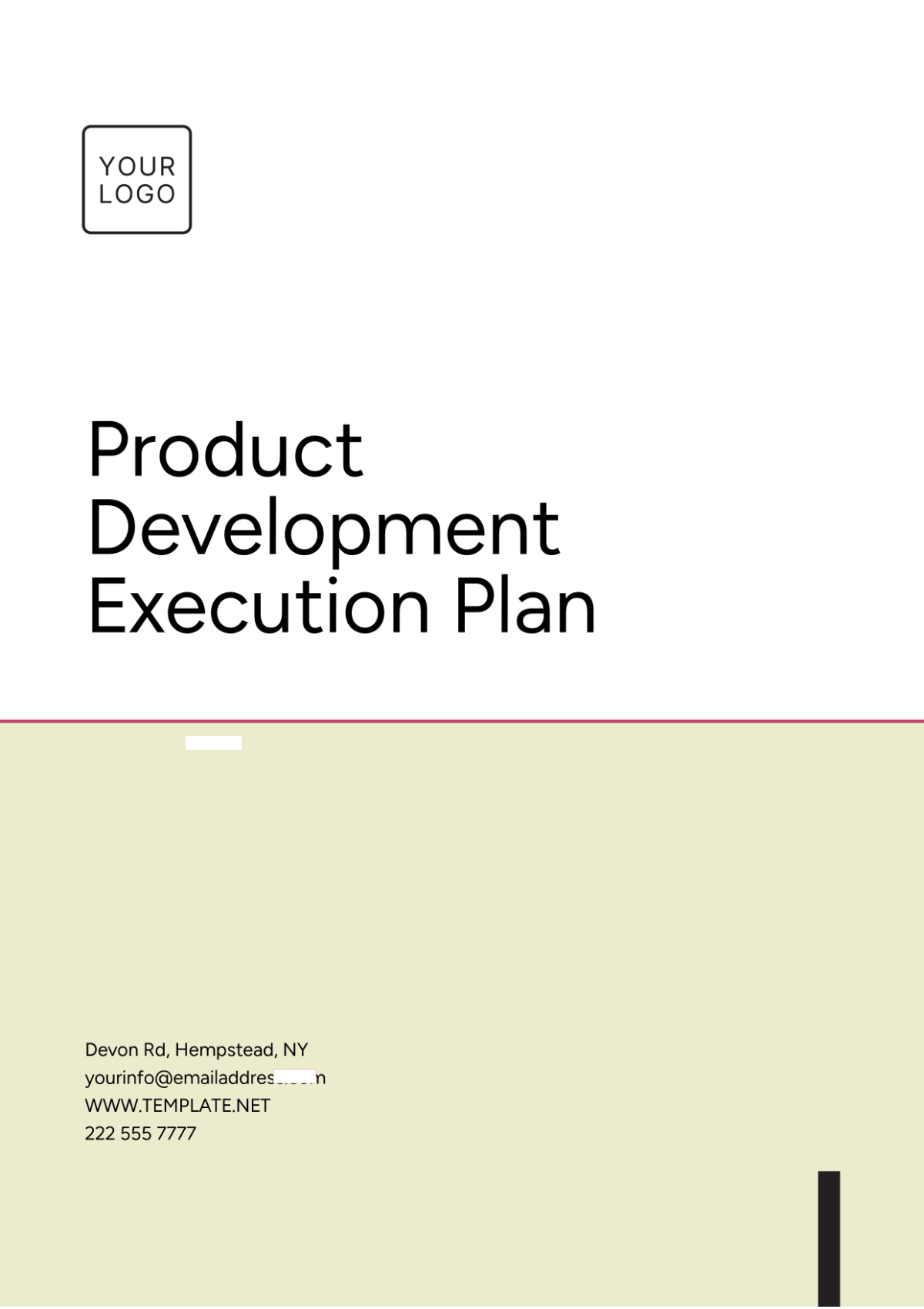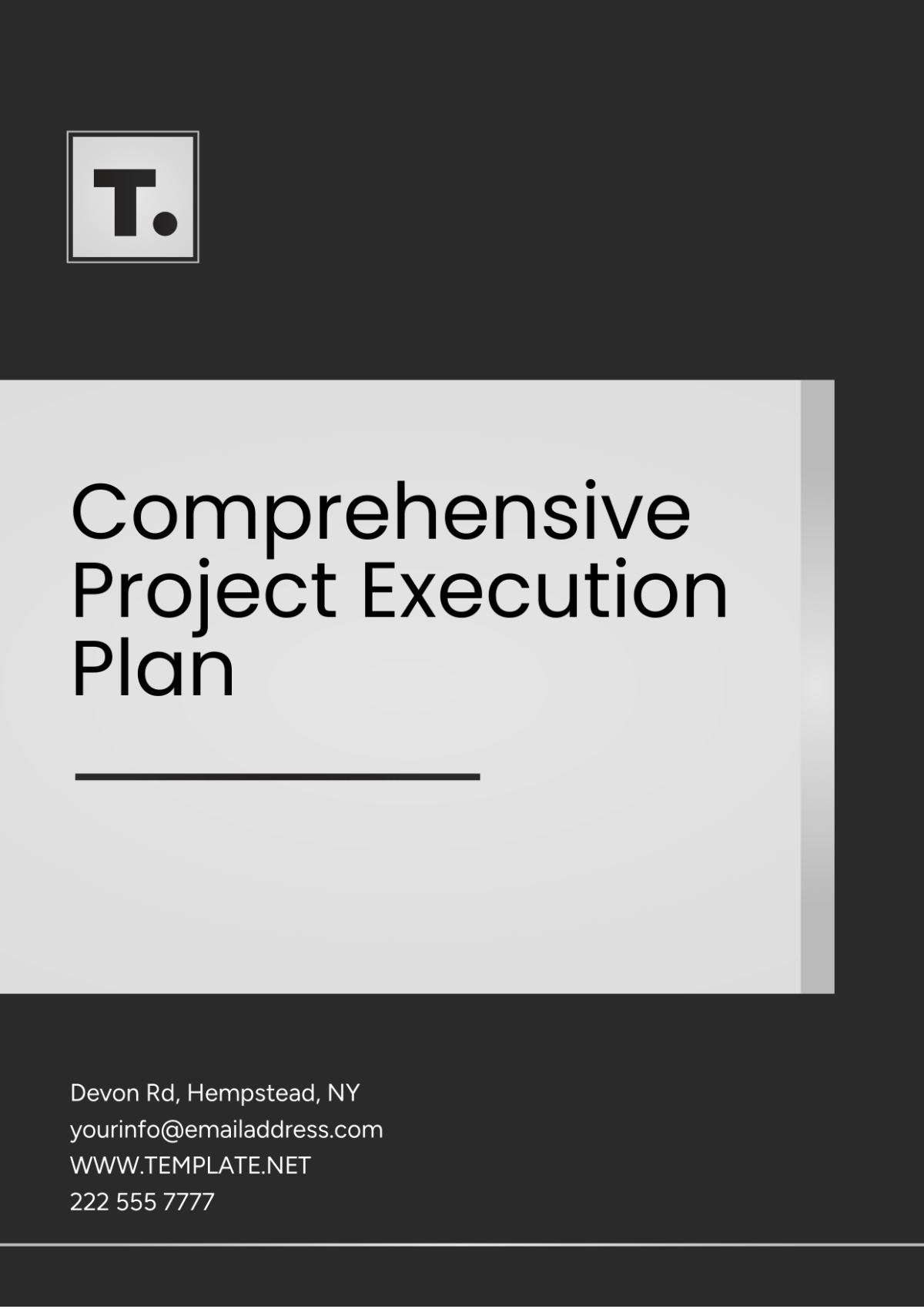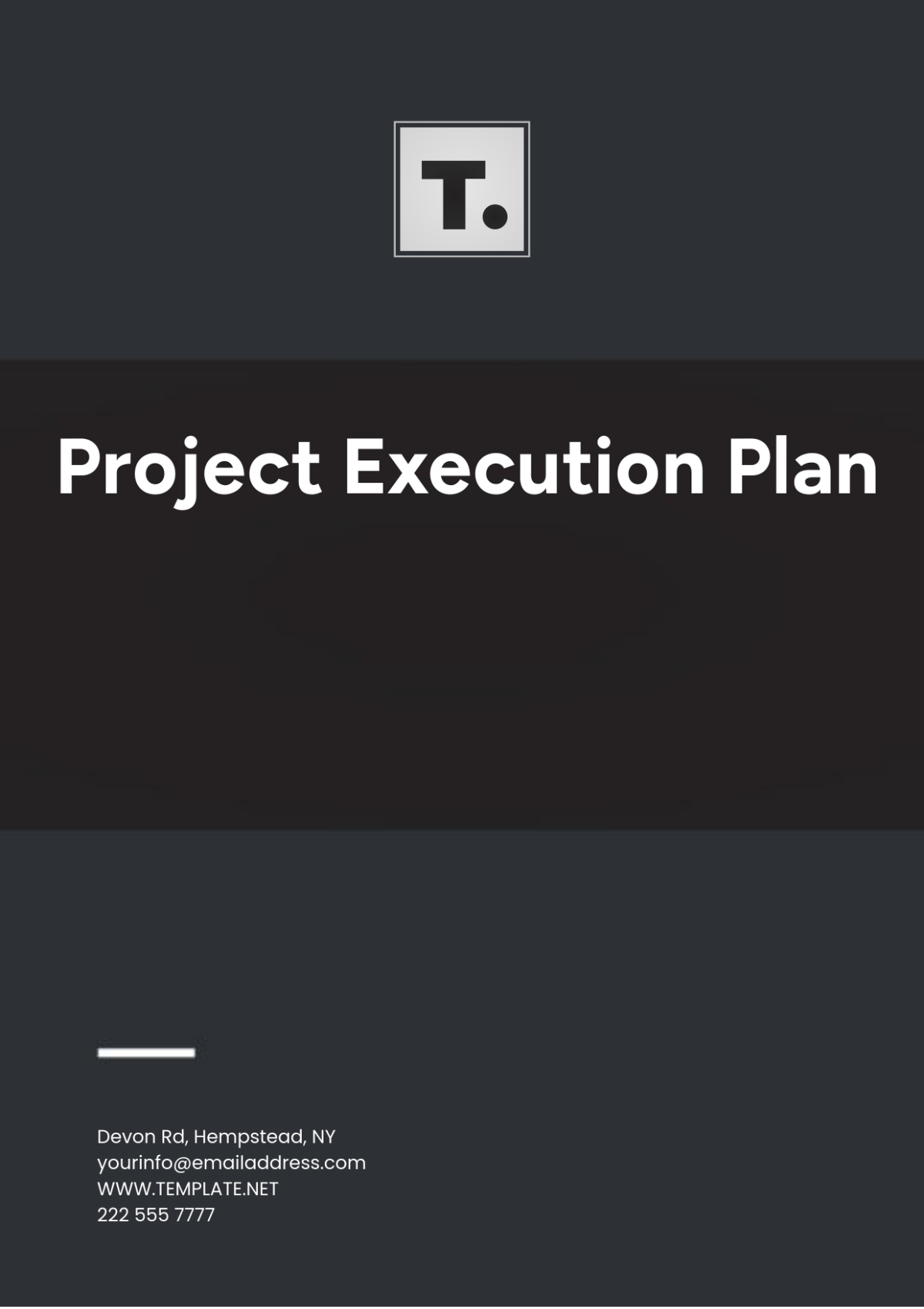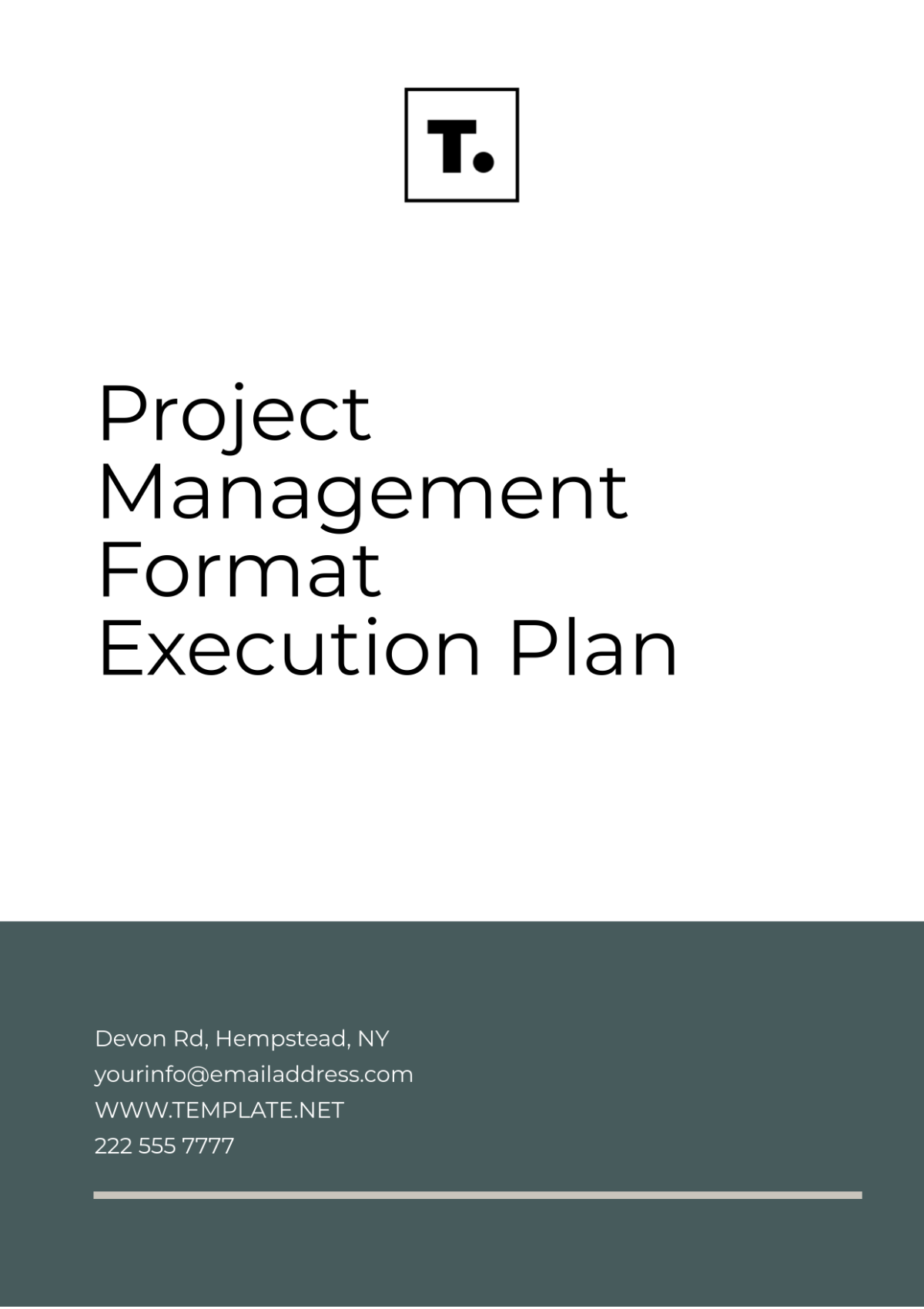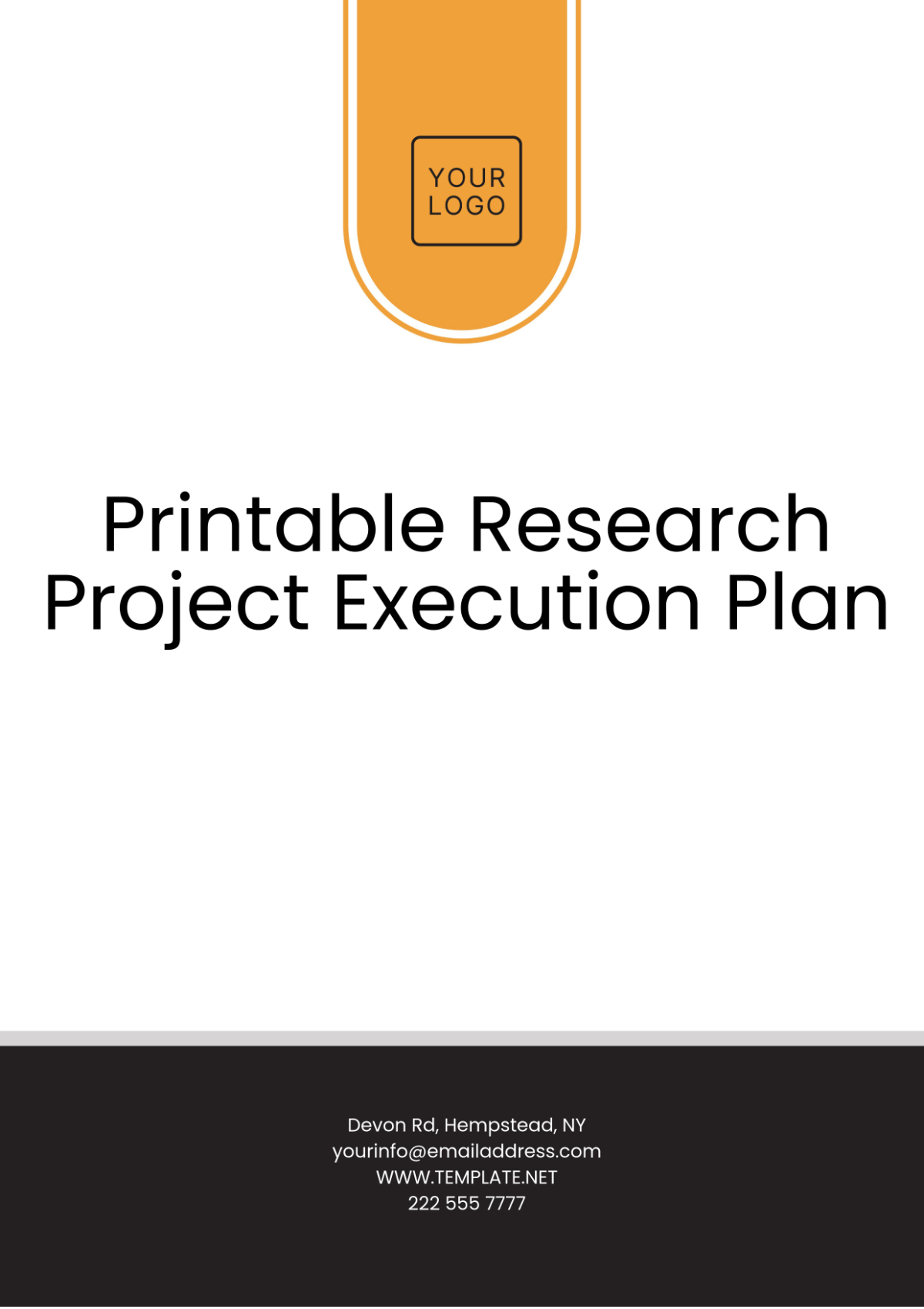Printable Research Project Execution Plan
Project Title: Investigation of Renewable Energy Sources for Sustainable Development
Principal Investigator: [Your Name]
Institution: [Your Company Name]
Contact Information: [Your Email]
Date: October 24, 2050
1. Project Overview
1.1. Project Background:
The growing concerns about climate change and fossil fuel dependency have prompted the need to explore renewable energy sources. This project aims to investigate the viability of solar, wind, and biomass energy technologies in contributing to sustainable development, focusing on their efficiency, cost-effectiveness, and environmental impacts.
1.2. Objectives:
To assess the current state of renewable energy technologies in urban areas.
To identify the barriers to implementing these technologies in local communities.
To develop a framework for integrating renewable energy into existing energy infrastructures.
2. Research Methodology
2.1. Research Design:
Type of Study: Mixed methods approach (qualitative and quantitative).
Data Collection Methods:
Surveys were distributed to stakeholders in the renewable energy sector.
In-depth interviews and focus groups with community leaders and policymakers.
2.2. Sampling Strategy:
Target population: 250 stakeholders, including policymakers, industry experts, and community leaders across three major cities.
Sample size: 200 survey respondents and 20 interview participants.
2.3. Data Analysis Techniques:
Statistical software, such as SPSS, will be used to analyze quantitative data in order to find trends and correlations.
Qualitative data will be coded and analyzed thematically to extract key insights.
3. Project Timeline
Phases of the Project:
Phase | Start Date | End Date | Duration |
|---|---|---|---|
Literature Review | October 24, 2050 | November 30, 2050 | 6 weeks |
Data Collection | December 1, 2050 | January 15, 2051 | 6 weeks |
Data Analysis | January 16, 2051 | February 15, 2051 | 4 weeks |
Report Writing | February 16, 2051 | March 15, 2051 | 4 weeks |
Review and Finalization | March 16, 2051 | March 31, 2051 | 2 weeks |
4. Resources Required
4.1. Budget:
Item | Amount |
|---|---|
Personnel | $50,000 |
Materials and Supplies | $5,000 |
Travel | $8,000 |
Miscellaneous | $2,000 |
Total Budget | $65,000 |
4.2. Equipment Needed:
Survey software (e.g., Qualtrics) - $1,500
Statistical analysis software (e.g., SPSS) - $1,200
Recording devices for interviews - $800
5. Risk Management
5.1. Potential Risks:
The low response rate to surveys (estimated <30%).
Difficulty in recruiting interview participants due to scheduling conflicts.
Data collection delays due to inclement weather affecting field studies.
5.2. Mitigation Strategies:
Increase outreach efforts through social media and community engagement events to encourage participation.
Offer flexible scheduling options for interviews and consider remote interview options.
Build a buffer time of two weeks into the project timeline to accommodate potential delays.
6. Reporting and Dissemination
6.1. Reporting Structure:
Progress reports will be shared with stakeholders bi-monthly via email and during scheduled meetings.
A final report summarizing the research findings will be presented to the Green Energy Research Institute Board and relevant stakeholders.
6.2. Dissemination Plan:
Publish findings in peer-reviewed journals such as the Journal of Renewable Energy.
Present at the annual Renewable Energy Conference in June 2051.
Share results through workshops and community meetings in each target city.
7. Conclusion
This Research Project Execution Plan outlines a structured approach to investigating renewable energy sources and their role in sustainable development. By adhering to this plan, we aim to contribute valuable insights that can aid policymakers and industry leaders in making informed decisions about energy integration in urban settings.
